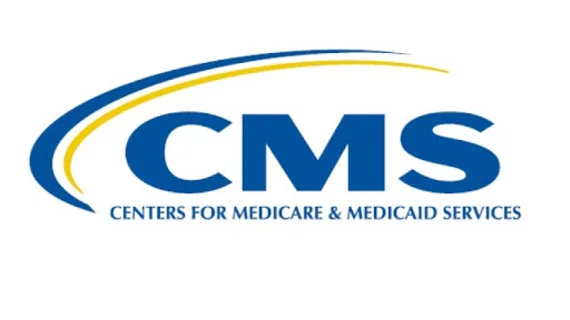CMS asks for public comment on regulatory burden of Stark Law
CMS is requesting input in hopes of “reducing the regulatory burdens” of the Stark Law, which prohibits physicians from referring Medicare or Medicaid beneficiaries to entities from which the physician or an immediate family member would financially benefit.
CMS noted that more than 2,600 comments were submitted in the past year regarding the regulatory burden associated with the self-referral law.
“Removing unnecessary government obstacles to care coordination is a key priority for this Administration,” said HHS Deputy Secretary Eric Hargan. “We need to change the healthcare system so that it puts value and results at the forefront of care, and coordinated care plays a vital role in this transformation. Reviewing the Stark Law regulations is an important step forward to building a value-based system, which is one of Secretary [Alex] Azar’s priorities at HHS.”
CMS wants input from those involved in alternative payment models, requesting proposed revisions or additions to exceptions. Public comments will be accepted through Aug. 24.
The initiative has been a priority for CMS, which CMS Administrator Seema Verma, MPH, has criticized as an impediment in healthcare’s transition from volume to value.
"We've heard that that's a big barrier for providers when they're trying to do value-based payment arrangements," she said, in an interview with POLITICO earlier this year.

